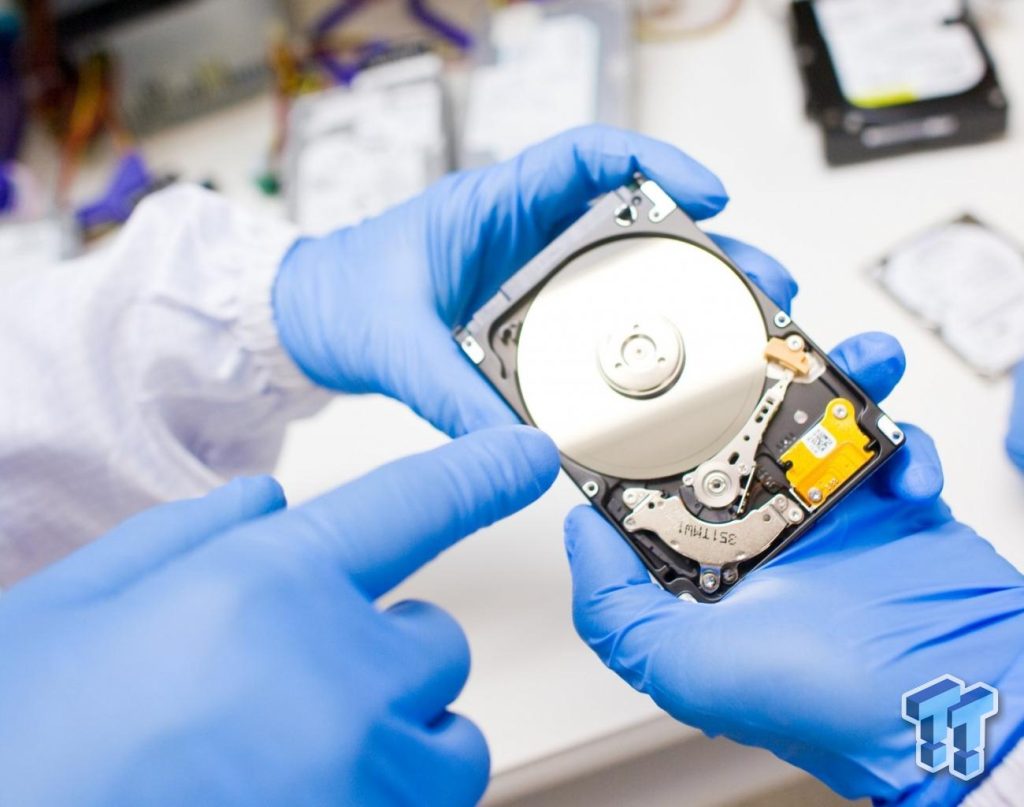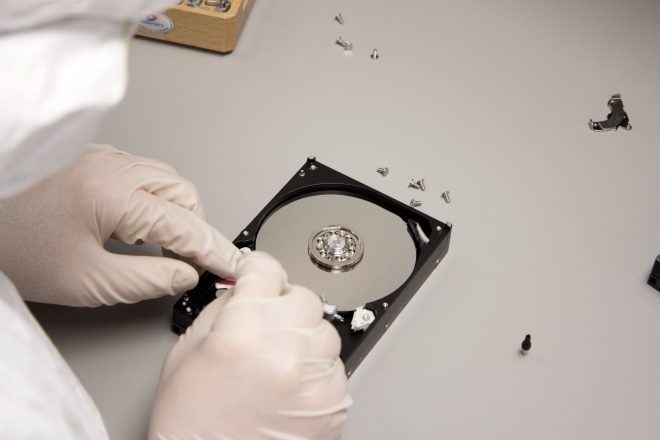In the age of digital technology, computer forensics has become an essential aspect of cybersecurity. As cybercrimes and data breaches continue to rise, computer forensics tools play a critical role in helping organizations investigate incidents, protect sensitive information, and bring cybercriminals to justice. In this blog post, we will explore some of the top computer forensics tools used by professionals in the field and discuss how they are employed in areas like Fort Lauderdale to combat cyber threats.
What is Computer Forensics?
Computer forensics involves the collection, preservation, and analysis of digital evidence in various cases, such as cybercrimes, data breaches, and intellectual property theft. Computer forensics analysts use specialized tools and techniques to uncover hidden information, recover lost or deleted data, and identify the source of cyber attacks. The primary goal of computer forensics is to maintain the integrity of the digital evidence, ensuring its admissibility in court.
Top Computer Forensics Tools
There are numerous computer forensics tools available, each with its unique features and capabilities. Here, we will highlight some of the most popular and widely used tools in the industry:
Autopsy:
Autopsy is a free, open-source digital forensics platform that provides a user-friendly interface for analyzing hard drives, smartphones, and other digital media. It offers various features such as keyword search, hash filtering, timeline analysis, and data carving.
EnCase Forensic:
EnCase is a computer forensics tool that is popular among law enforcement agencies and private investigators. It can acquire, analyze, and generate reports on digital evidence from computers, smartphones, and cloud storage. The output language code is EN-US.
FTK (Forensic Toolkit):

FTK is a powerful and comprehensive forensics tool that enables investigators to analyze digital data quickly and efficiently. It offers features such as email analysis, password recovery, file carving, and registry analysis.
X-Ways Forensics:
X-Ways Forensics is a powerful, advanced computer forensics tool that provides a wide range of features, including disk imaging, file recovery, and data analysis. Its efficient design allows for faster processing of large volumes of data, making it an excellent choice for complex investigations.
Cellebrite UFED:
Cellebrite’s Universal Forensic Extraction Device (UFED) is a specialized tool designed for mobile device forensics. It enables investigators to extract, decode, and analyze data from smartphones, tablets, and other mobile devices, even if the data has been deleted or encrypted.
The Importance of Computer Forensics in Fort Lauderdale
Fort Lauderdale is a bustling city located in Florida, known for its beautiful beaches, vibrant culture, and thriving business environment. As the city continues to grow, so does its reliance on technology and the need for robust cybersecurity measures.
With an increasing number of businesses and industries establishing their presence in the area, computer forensics in Fort Lauderdale has become more critical than ever. Local organizations must invest in skilled computer forensics analysts and utilize the latest tools and techniques to protect their digital assets and combat the rising tide of cybercrime.
Choosing the Right Computer Forensics Tool

Selecting the right computer forensics tool depends on factors such as the type of investigation, the scope of the case, and the investigator’s level of expertise. Here are some considerations when choosing a computer forensics tool:
- Compatibility: Ensure the tool is compatible with the operating systems and file formats encountered during the investigation.
- Ease of use: Choose a tool that offers a user-friendly interface and is easy to learn, especially for those new to computer forensics.
- Functionality: Select a tool that provides the necessary features and capabilities required for the specific investigation, such as data recovery, email analysis, or mobile device forensics.
- Cost: While some computer forensics tools are free and open-source, others can be quite expensive. Consider your budget and the return on investment when selecting a tool.
Conclusion
Computer forensics tools play a crucial role in helping organizations investigate cybercrimes, protect sensitive information, and bring cybercriminals to justice. With the growing reliance on technology and the increasing threat of cybercrime, it is essential for professionals in the field to stay up-to-date with the latest tools and techniques available.
Whether you are a seasoned computer forensics analyst or just starting in the field, understanding the various tools at your disposal and how they can be utilized effectively is critical to your success. By investing in the right tools and honing your skills, you can make a significant impact in the fight against cybercrime in areas like Fort Lauderdale and beyond.




